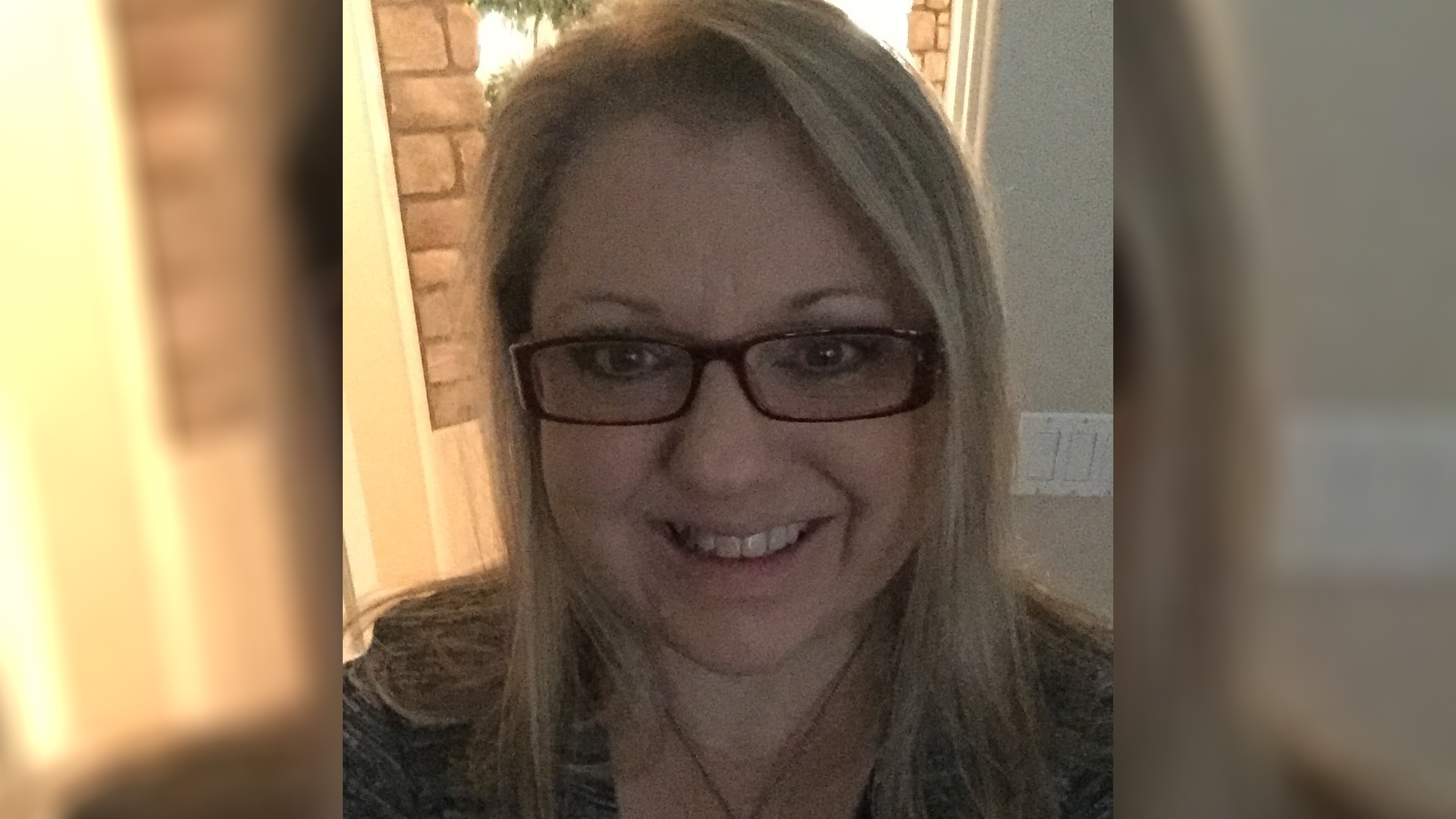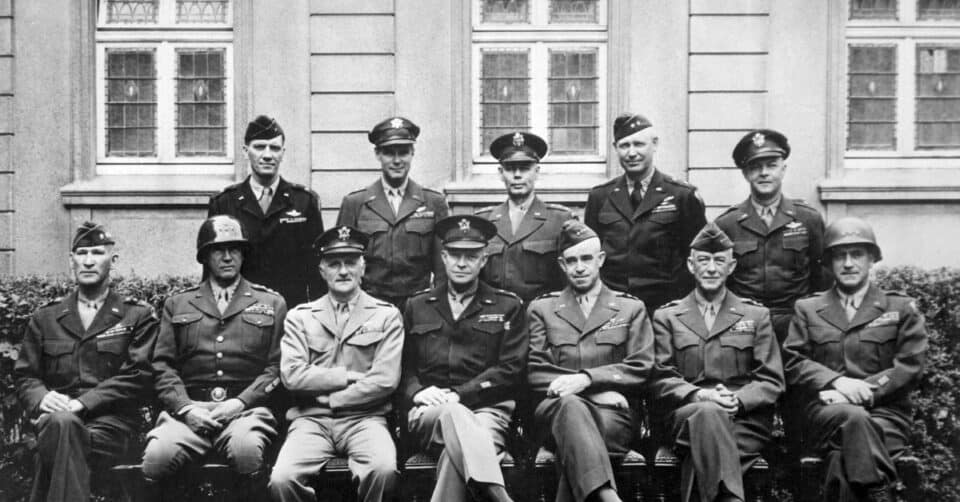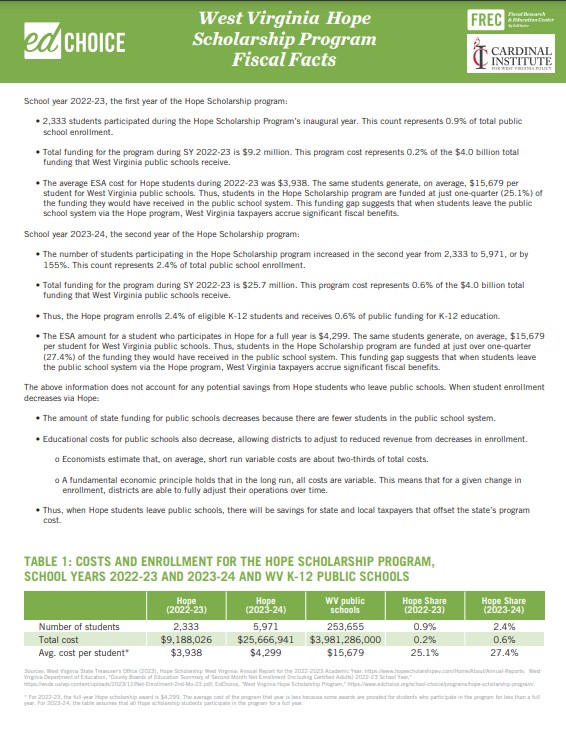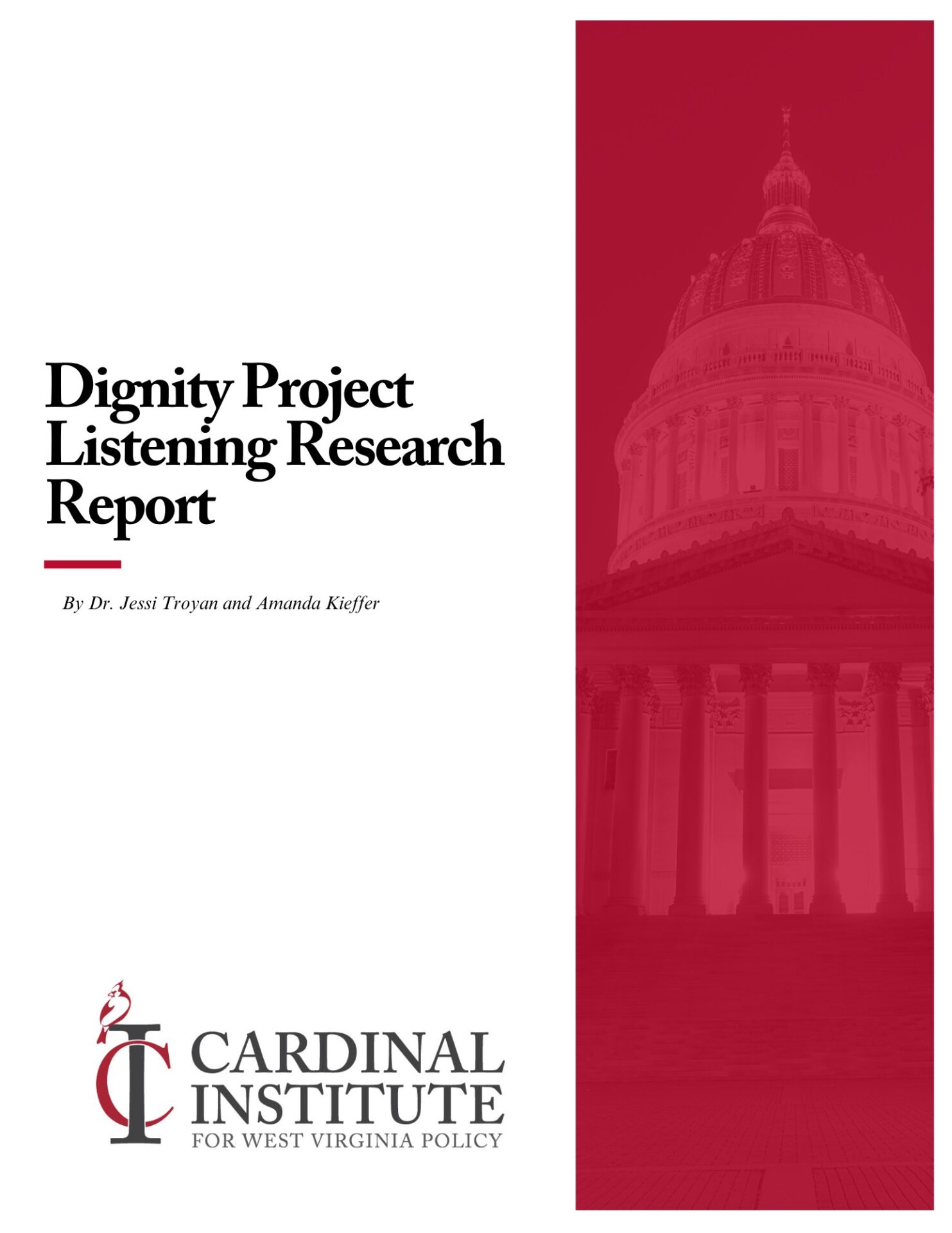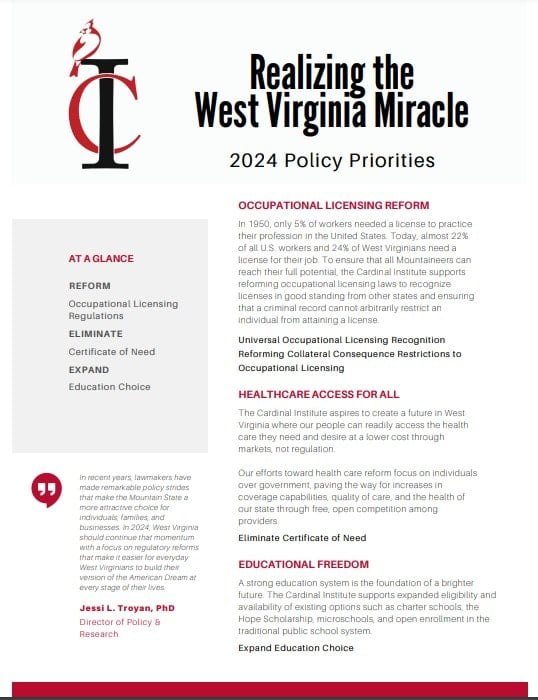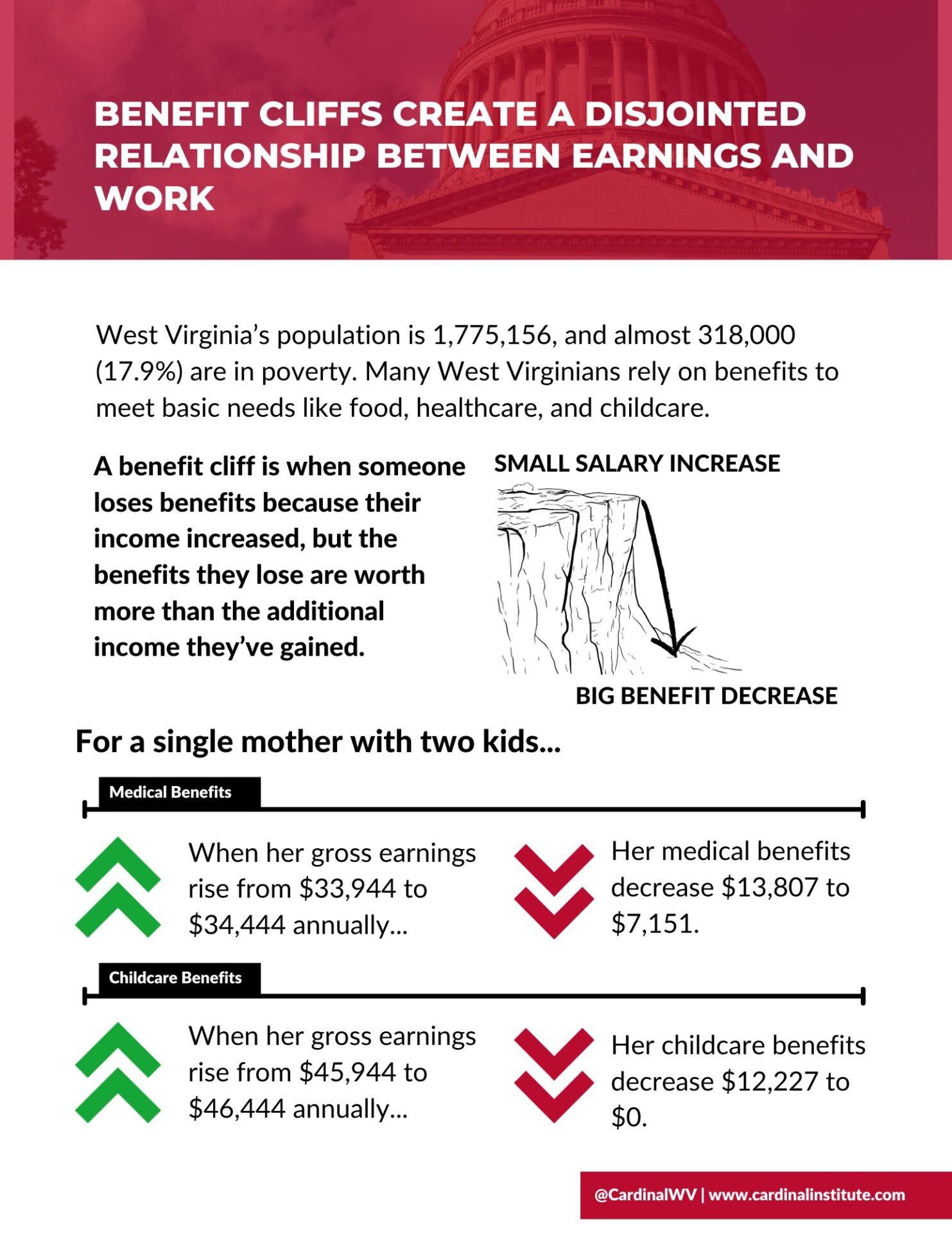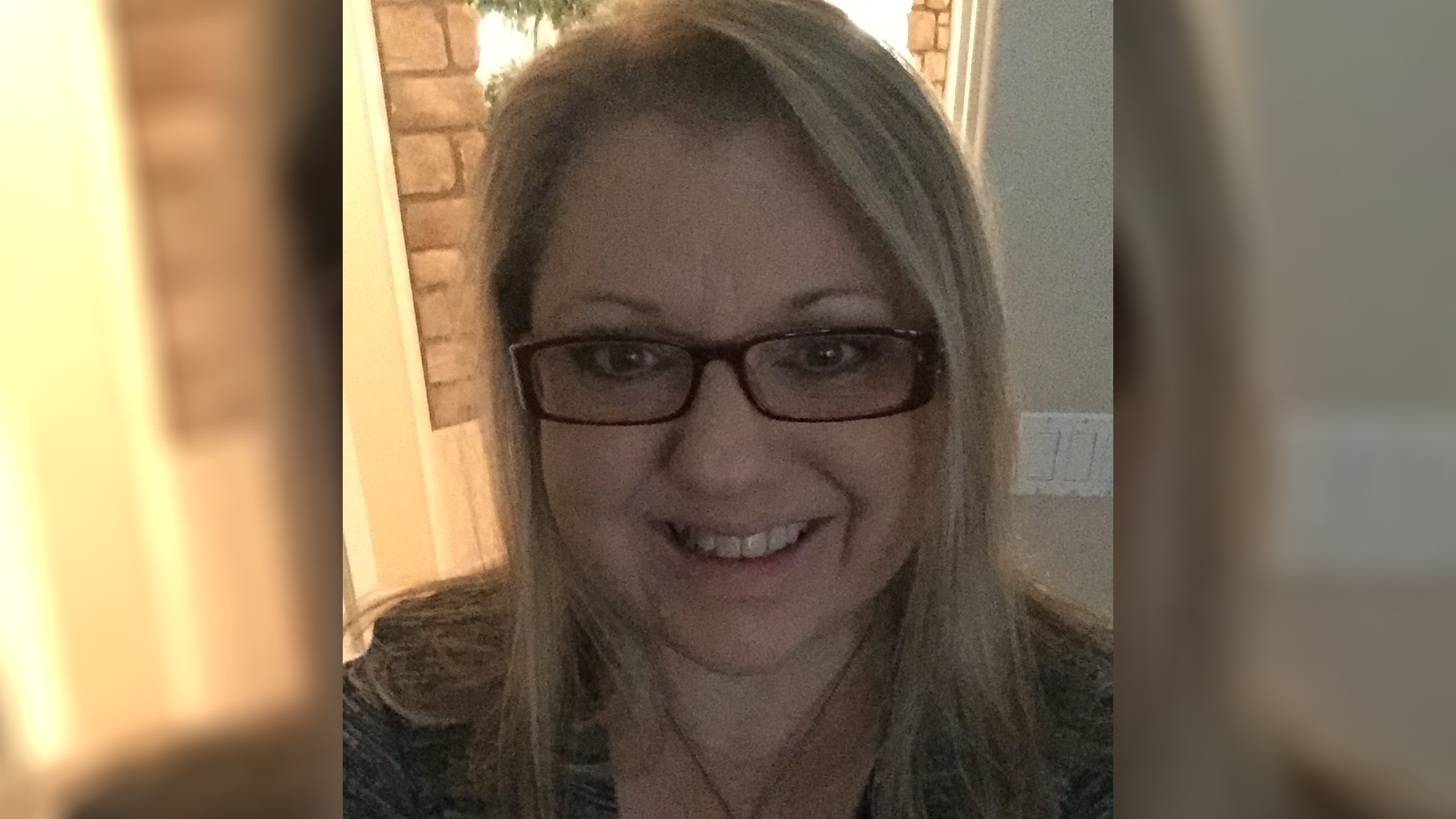
“I’m a native of Arizona and I grew up in Arizona public education. I love this state. I was a huge public education advocate for years. When I raised my own kids, I started to take a more active role and visited hundreds of classrooms, then I started to shift in my thinking.”
“I decided to go back and get my teaching degree. I wanted to make a difference. I don’t think any teacher goes in thinking of it only as a job, they go into it thinking they can make a difference.”
“Unfortunately, after years of trying to do that, after being regulated as far as what you can say or can’t say, or what you can do or can’t do, plus overcrowding and working within the system – it took a toll. I was looking for a way to reignite my passion for teaching.”
“When I learned about the ‘Empowerment Scholarship Accounts’ here – which are very similar to the education savings accounts that just became law in West Virginia – that changed everything for me. I saw them as an opportunity for me to actually make a difference and reach the children that needed my help the most.”
“I would tell the teachers in West Virginia that are worried about this to not be: this means more options for parents, students and teachers alike. For the families I serve, this has made possible highly personalized education that meets their needs.”
“I still am an education advocate. I’ve just recognized that education looks different for many different people. Public education doesn’t provide those options for the families I serve.”
“The majority of families are happy at public schools. But because I am in special education, I work with lots of families and students that struggle, and I have seen how those needs aren’t met outside of the personalized environment we’re able to provide.”
“In my experience in the public system, with a teacher shortage, it was often like putting warm bodies in a classroom, teaching both special needs students and dynamic learners. So many teachers just aren’t prepared or trained for these scenarios and it’s a heartbreaking situation – these teachers get out of bed every morning looking to make a difference but roadblock after roadblock keeps them from really doing that.”
“I was the team lead for the special education department my last year in the public schools, and I was also the behavior interventionist. That’s unfortunately the way it goes, a teacher in a ‘title one’ school in Arizona doesn’t just take on one teaching role, they take on five different roles. That takes a toll on our personal and professional lives.”
“I didn’t think our kids were thriving in that setting, they were barely surviving. It was like trying to keep your head above water and it conflicted with my integrity. I didn’t even know about ESAs yet, but I knew I had to do something different.”
“I had a parent of a student, at the time, who reached out to me to tell me this system was not working for them. Under the table, I told her I agreed. She introduced me to ESAs and it sounded too good to be true. I dismissed it at the time, but over the next year I started to really look into what they were and what was possible with ESAs – the options with homeschooling and school choice that were accessible to families through this.”
“Families began to immediately call me, and I continue to get a flood of calls all the time. There’s just so much demand for this sort of alternative.”
“It has been very invigorating. My students cannot wait for me to come because they feel and know I’m there in their best interest. It has been awesome to work with families who get to handpick their curriculum. Then I get to come in, I help with that and further it.”
“When I get calls, it’s because the kids haven’t been thriving in their school environment and they hate it. They hate learning. But part of my job is showing them another way is possible. My number one thing is just to remotivate them and show them they can do it. They are actually incredibly intelligent, and we just need to do things a little bit differently.”
“To any teachers that are worried about this or how ESAs might affect education in West Virginia, I would love for them to reach out to me. I can’t cheer it on enough – it is really empowering to have these options, both for parents and teachers.”
“I know it can be scary or uncertain. That was definitely how I felt when I first learned about it. But I didn’t leave public schools because I hated teaching. I took a different route to keep that fire ignited.”
“There’s a better way and ESAs make it possible. We can offer choices. We can offer opportunities, not just for families but for professionals too, to keep that passion going. We get to really work with kids, whether it is one-on-one or sometimes five-on-one. We get to address their needs and unique abilities like education truly should.”
Becky Griffin
Educational Consultant, TEAM UP Advocacy
Valley Farms, AZ
You can read more school choice stories like Jaimee’s and Katie’s.



